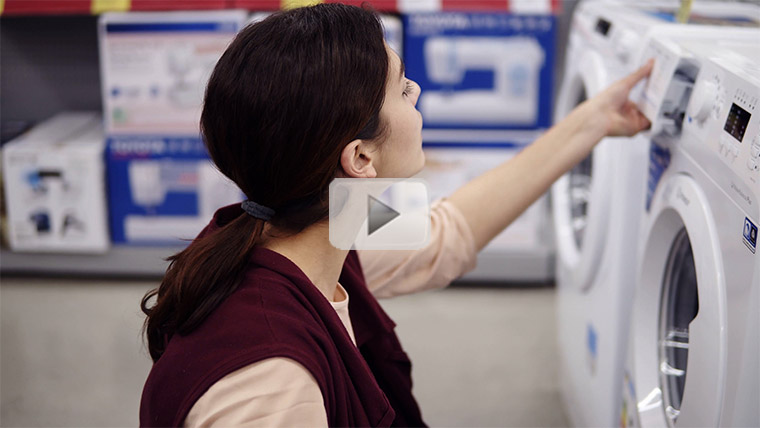Your Legal Right to Repair Appliances

Your Legal Right to Repair Appliances
Did you know you had a legal right to repair these items?
We would like to repair a broken product because it has been useful however we are told-:
- The part we need is out of stock
- The call out fee or the repair is exorbinant
- The repairer we want to use isn't authorised
- The cost of repair from an authorised repairer is more than the product is worth.
This advice could be a breach of our legal rights to repair.
The Productivity Commission has released a draft report recommending a few ways to strengthen these rights.(it will be up to the government to implement and draft into law)
Julie Abramson, Commissioner, Productivity Commission:
What is the right to repair?
"The ability of consumers to get their product repaired at a competitive price with the repairer of their choice."
There were a range of Barriers-:
- A competitive price - what is a competitive price?
- Are there lots of repairers in the market?
- Is the repair being controlled by authorised representatives?
- You can't always get 2-3 quotes
- Regional issues due to cost of sending items
Therefore the Productivity Commission wish to strengthen laws around acceptable quality and durability of goods.
Issues about safety can often be overstated by the manufacturer.
Take the case of a reliable product. It may last 10 years and therefore not have parts available anymore.
Manufacturers retool (every 5 years) so certain products may not have available spare parts.
What does durability look like?
The Productivity Commission examined durability in the context of household appliances. To help make usable legislation there may need to be a clear definition of durability.
When one small part renders an appliance useless
In an article titled It's a waste world Greenpeace examine product durability, planned obselescence and the systems change required to live in a better more energy efficient world.
"Even modern LED light bulbs, for example, do not last as long as incandescent bulbs made a century ago."
source: Greenpeace

